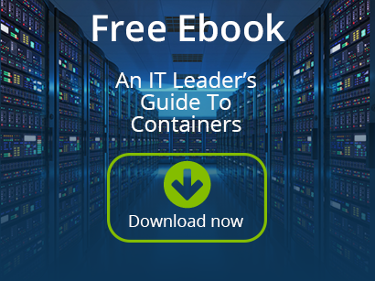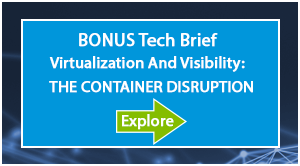 After being popularized and exploding onto the IT scene almost a decade ago, the usage and management of containers is still evolving as new and more efficient organization strategies and tools are developed.
After being popularized and exploding onto the IT scene almost a decade ago, the usage and management of containers is still evolving as new and more efficient organization strategies and tools are developed.
Kubernetes is one such tool. It was released in 2014 and over the last several years, has grown to be one of the most frequently utilized container management platforms.
That said, its popularity does nothing to simplify its core concepts and for executives, even those with an IT background, it can be hard to understand just how important and useful Kubernetes really is.
To make the conversation easier, we’ve pulled the top four things enterprise leadership should know about Kubernetes from VMware’s Kubernetes for Executives report and other sources, and shared them in the article below.
1. What is Kubernetes?
The first step to understanding the benefits of Kubernetes (Koo-burr-NET-eez) is to actually learn what it is. This is typically the part that creates the most confusion for non-technical members of leadership teams.
As described on its website, “Kubernetes is a portable, extensible, open-source platform for managing containerized workloads and services, that facilitates both declarative configuration and automation.”
Depending on your own technical knowledge, that explanation might seem pretty simple or it may require further explanation. To start with, what is a container and what are they used for?
In VMware’s words, “Containers encapsulate applications and make them portable.” Essentially, containers provide a way to keep software running under identical conditions when it is moved from one computing environment to another. As an example, this might be migrating an application from a test environment into production.
For today’s enterprises, containers offer a sort of ‘plug and play’ method for administration, development, and distribution of applications and their relevant dependencies.
Kubernetes goes one step further and offers scalable, automatic management and administration for distributed systems at the container level and serves as a starting platform for developers, while also preserving user choice and flexibility.
2. What are the benefits?
At its core, Kubernetes is an API-based, scalable and extensible solution, supported in all major public clouds and with a growing community of open-source solutions that complement its essential features.
Among its other benefits, Kubernetes offers the following, as shared on its website:
- Service discovery and load balancing
- Storage orchestration
- Automated rollouts and rollbacks
- Automatic bin packing
- Self-healing
- Secret and configuration management
For a non-technical audience, Kubernetes can best be described as an automated system that eliminates many of the manual provisioning and other tasks required for container management.
Its components, which are easily replaceable to allow the system to be extended to new requirements and environments, work together to coordinate activities and react to events.
3. Why Your Enterprise Needs Kubernetes
As shared by VMware, Kubernetes benefits the enterprise at multiple levels, from the IT teams that administer the digital environment, to application developers, and all the way up to CIOs.
The bottom line is:
- Kubernetes reduces the amount of time administrators need to spend on container management, allowing them to focus on more complex and beneficial tasks.
- It allows enterprises to deliver new software and products more quickly.
- Kubernetes improves infrastructure and application availability, resulting in increased productivity at every level of the enterprise.
- It improves security by allowing application developers to play an active role in designing securable application.
4. How To Get Started With Kubernetes
Starting your journey to Kubernetes adoption can seem daunting, especially for those enterprises that have yet to fully embrace cloud computing technologies. However, the rewards of taking the leap are undeniable, especially for those enterprises the prioritize software development.
If you aren’t sure where to get started, VMware and VMware Tanzu can help you pave your way forward.
Are Your Looking For A Partner On Your Journey To Kubernetes?
VMware offers enterprises solutions that will help them manage and run consistent infrastructure, across on-premises data centers and public clouds, improving user experience and overall business operations. Their innovative approach to container orchestration offers architecture that is easy to deploy and manage, increasing enterprise agility and flexibility.
NEXT STEPS: Is your organization using containers?
Click here to grab your copy of our FREE EBOOK, "The IT Leader's Guide to Using Containers in Today's Digital World."













